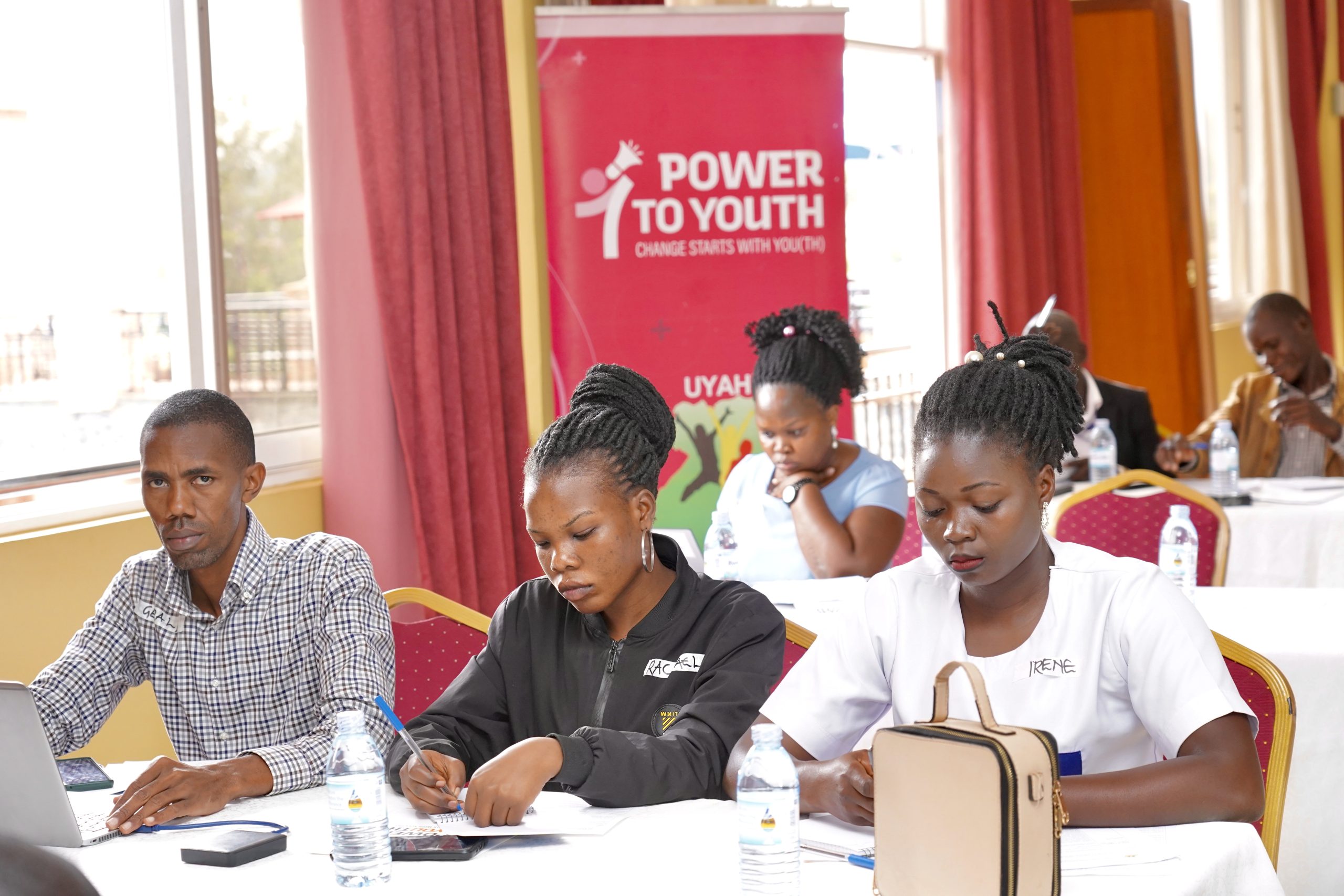Our Mandate
- Home
- Our Mandate

PTY MANDATE
Our core mandate is to ensure the inclusion of more adolescent girls and young women from underserved communities in decision-making processes concerning harmful practices, sexual and gender-based violence (SGBV), and unintended pregnancies. In addition, we will invest in civic space to amplify youth voices and encourage youth participation in change-making processes.
Vision
To empower adolescent girls and young women (AGYW) from underserved communities to make informed choices, enjoy their sexuality, and be free from harmful practices in gender-equitable and violence-free societies.
Mission
To raise public support, advocate for improved policies and laws, and strengthen civil society to amplify young people’s voices to claim, protect and expand civic space.
-
Employing creative methods such as photo voice, participatory video, and/or documentary making. Also, applying different tools may be traditional (surveys) or innovative (polls using mobile technology, interactive games, etc.)
-
Using tried and tested self-assessment tools that will help Civil Society Organisations (CSO) to analyse their general organisational capacity as well as capacity for lobby and advocacy, Meaning Youth Participation and Engagement (MYPE) (using tools developed by CHOICE and Y-Act) and Gender Transformative Approach (GTA) (using tools developed by Rutgers and Sonke). CSOs will also develop action plans through SWOT analysis and receive capacity strengthening on Outcome Harvesting (OH) as our program's primary harvesters.
-
We are measuring and monitoring changes in social norms through national/regional opinion polls, community-level panels providing real-time responses to polling questions, and/or community-level participatory social norm assessment tools.
-
Mapping and tracking key legislation and budget arrangements using context analysis and budget tracking methods, supplemented by key informant interviews to gain insight from resisting and supportive actors.
-
Embracing digitisation and innovation to improve our PMELR processes and extract real-time data and insights to improve program outcomes, respond to contextual changes, and inform our lobbying and advocacy.
